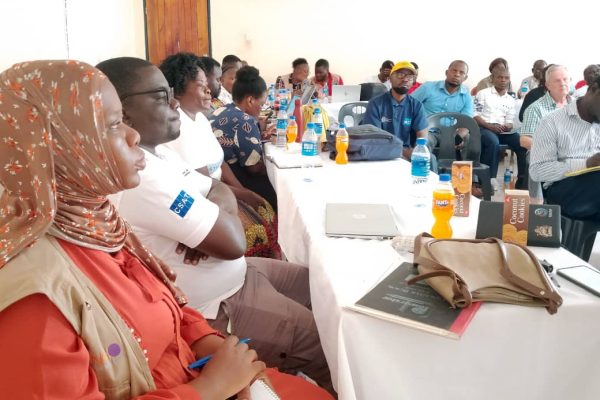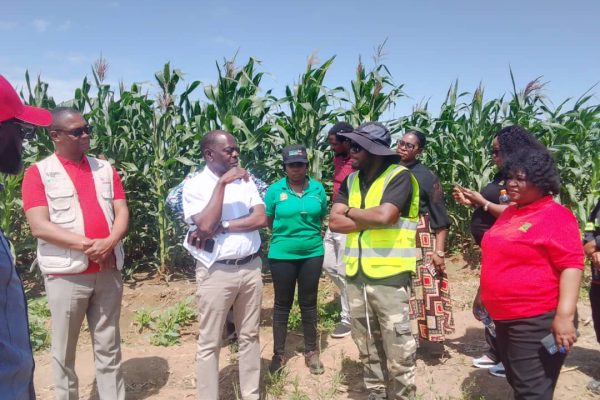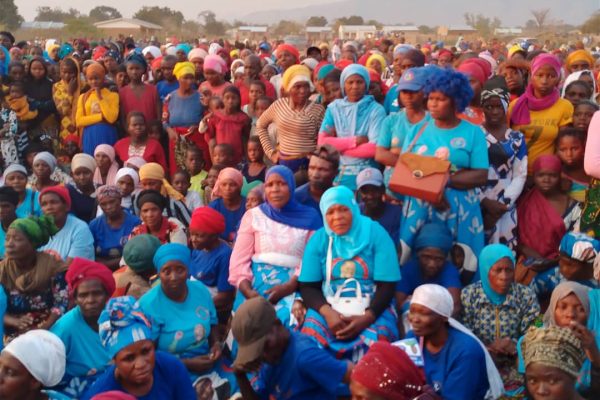Tag: Mangochi

PDP for inclusive development
Herbert Chazuka, Shadow member of Parliament for Peoples Development Party (PDP) has accused leaders who lie to people of bringing developments of which is brought by organisations, religions and well wishers.

Mangochi NGOs challenged on professionalism
NGOs in Mangochi face a call on professionalism

Ex First Lady preaches peace
Former Malawi First Lady Gertrude Mutharika has urged Malawians to prioritize peace, unity, and Godliness ahead of the September 16 polls.

Slow progress of Mlambe irrigation scheme raises eyebrows in Mangochi
Communities in Mangochi have expressed disappointment over the slow progress of the Mlambe Irrigation Scheme, with only 48 hectares of land planted with maize crop this year against a targeted 200 hectares.
The observation was made on 14 August 2025 when the new Board Members of Greanbelt Authority inspected the scheme to appreciate the progress made on the scheme.
Senior Chief Mponda and Board Chairperson of the Mlambe Irrigation Scheme Water Users Association Victor Malunda questioned the reason behind the underutilization despite receiving a significant allocation of 21 billion kwacha, comparing to 1.2 billion kwacha received the previous planting season.
“We are confused that last year they utilized 48 hectres of land with an allocation of 1.2 billion kwacha while this year the allocation was hiked to 21 billion kwacha but as we are speaking, again only 48 hectres have been utilized, ” wondered Malunda.
While praising the cordial working relationship with Greanbelt Authority, the two leaders push the blame on the contractors “Eistein Construction” working at the site for delays, urging them to up their game.
The Eistein Construction Managing Director Kenneth Khonje defended that construction works are progressing well and that they will complete construction of the 400 hectres they were given within the specified time frame.
Responding to the complaints, Henry Mloza Banda, the new Board Chairperson of the Greenbelt Authority pledges to assess the situation and find solutions, emphasizing the importance of stakeholders’ sense of ownership and systematic approach.
Mloza Banda however expressed satisfaction with rate at which the crop is growing, saying if the whole 200 hectres were utilized the people in district would be good secure.
The Mlambe Irrigation Scheme has the potential to utilize 800 hectares of irrigation land, and its full utilization could significantly enhance food security and economic benefits for the local community.




